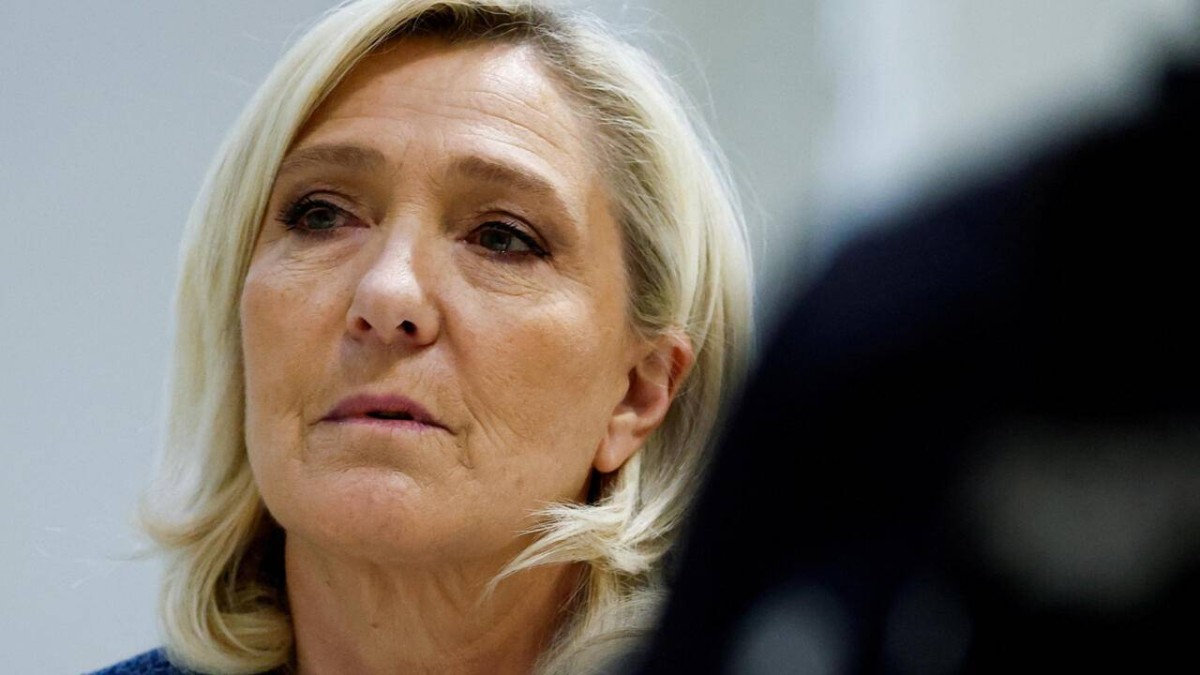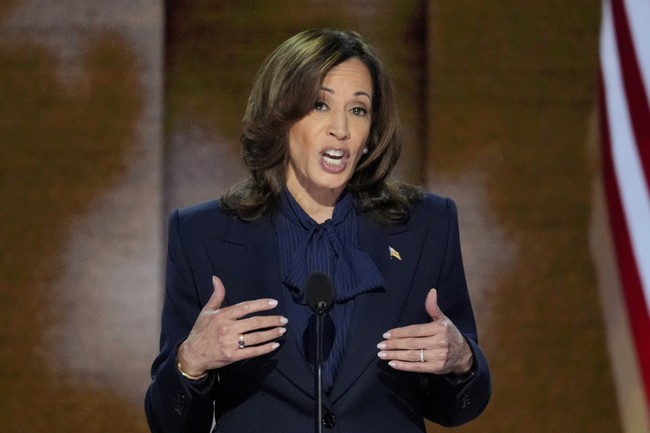Marin Le Pen's Legal Turmoil and Political Impact
In a dramatic twist in French politics, Marine Le Pen, a key figure of the far-right, has been barred from pursuing the presidency due to a court ruling that has sparked widespread debate and concern.
Published April 02, 2025 - 00:04am

Image recovered from albayan.ae
The French political landscape has been rocked by a recent court ruling that has prohibited Marine Le Pen from running for any public office for a period of five years. This decision comes as a monumental setback not only for Le Pen but also for her party, the National Rally, which has been seeking to shed its far-right image. The ruling stems from allegations that Le Pen and her party misappropriated European Union funds allocated for parliamentary assistants. Instead, these funds allegedly subsidized internal party activities.
The Paris court convicted Le Pen, alongside several other European deputies from her party, of misusing public funds. These misappropriations, first brought to light in the early 2000s, have resurfaced as a significant hurdle in Le Pen's political journey, affecting her ambitions for the 2027 presidential race. The court has sentenced Le Pen to four years in prison, two of which are suspended, and imposed a fine of 100,000 euros, further consolidating her immediate exclusion from political candidacy.
This ruling was met with outrage from Le Pen's supporters and allies, who view it as a politically motivated maneuver to sideline their popular leader. Notable figures such as former U.S. President Donald Trump drew parallels between Le Pen's situation and his own legal battles, suggesting that it reflects a broader international trend of judicial interventions in politics. From Viktor Orban to Matteo Salvini, right-wing leaders across Europe have echoed similar sentiments, denouncing the decision as a direct assault on democracy.
Le Pen herself has called the ruling a political 'exclusion,' arguing that it disenfranchises millions of French voters who support her. In a statement to the press, she vowed to appeal the decision, expressing hope that the legal process would be resolved in her favor before the next electoral cycle. Her lawyer, Rodolphe Bosselut, criticized the verdict as an attack on democratic principles, underscoring the political significance of the ongoing legal discourse surrounding Le Pen.
The controversy surrounding this case underscores a larger debate about the role of the judiciary in political arenas and the intersections of law and partisanship. Supporters argue that the judiciary is merely upholding legal integrity against corruption, while opponents perceive it as an extension of political manipulation aimed at curtailing populist threats.
Additionally, the conviction has reignited discussions on foreign financial interventions in national politics, particularly concerning EU funds. The misuse of such funds has been a long-standing issue in Brussels, prompting calls for stricter regulations and oversight to prevent exploitation by member states for domestic party gains.
As the legal battles continue, the broader implications for French politics remain uncertain. Should Le Pen's appeal fail, the National Rally will be forced to recalibrate its projections for the upcoming elections, potentially impacting the country's right-wing landscape significantly.
Furthermore, this incident may embolden Le Pen's platform, drawing increased public support from those who view her as a victim of judicial overreach. Conversely, it could alienate centrist voters wary of political extremes and judicial controversies.
In the international context, Le Pen's legal challenges highlight the struggles of right-wing populism amidst growing scrutiny by judicial bodies. As the court ruling reverberates, it is clear that the story of Marine Le Pen and her fight against these judicial constraints will continue to be a defining saga in both the French political narrative and the broader European right-wing movement.







